Trump Blasts Judge in Migrant Deportation Case as a 'Grandstander'
Tensions Rise Between Trump and Judiciary Over Venezuelan Deportations and Court Rulings
Former President Donald Trump has lashed out at U.S. District Judge James Boasberg, accusing him of overstepping his authority after the judge dismissed a government response in a controversial migrant deportation case as “woefully insufficient.”
Judge Boasberg, the chief federal judge in Washington, D.C., had ordered the government to halt deportation flights involving a group of Venezuelan migrants, citing a lack of transparency and failure to respond to court inquiries. The flights sent alleged gang members to a mega-prison in El Salvador last weekend.
In a court filing Thursday, government lawyers submitted a brief, six-paragraph declaration from an immigration official. Judge Boasberg criticized the filing for failing to include the specific flight information he had requested. He then extended the deadline, ordering a sworn statement from a cabinet-level official by Friday morning.
Boasberg also accused the Trump administration of continuing to withhold key information and noted that the official presented by the government lacked the authority to speak on Cabinet-level discussions, particularly on whether the administration would invoke the state secrets privilege.
Trump Responds with Sharp Criticism
Trump responded to Boasberg’s actions with a series of posts on his social media platform, Truth Social, calling the judge a “Grandstander” and accusing him of trying to “usurp the power of the presidency.”
"Judge James Boasberg is doing everything in his power to usurp the Power of the Presidency," Trump wrote. "He is a local, unknown Judge, a Grandstander, looking for publicity… SAVE AMERICA!"
Earlier this week, Trump even suggested Boasberg should be impeached, calling him a “troublemaker and agitator”—though he did not name him directly. This prompted a rare public statement from Supreme Court Chief Justice John Roberts Jr., who warned that impeachment is “not an appropriate response to disagreement” with a judge’s ruling.
The Deportation Controversy
The underlying case involves the deportation of over 200 Venezuelans, whom Trump claimed were members of the violent gang Tren de Aragua. The deportations were carried out under the Alien Enemies Act, a centuries-old law historically used during wartime.
However, at least one deported individual, Jerce Reyes Barrios, has challenged that claim. His attorney told the court that Barrios is a professional soccer player with no criminal record who had applied for asylum in the U.S. due to political persecution. The only alleged gang connection cited against him was a tattoo—actually a tribute to the Real Madrid football team, his attorney argued.
Judge Boasberg had verbally ordered the deportation flights halted over the weekend, instructing that any planes still in the air be turned back. However, the White House claimed the aircraft were already in international airspace, rendering the judge’s order unenforceable.
Calls to Limit Judicial Authority
In addition to criticizing Judge Boasberg, Trump used the controversy to renew calls for curbing judicial powers, particularly nationwide injunctions that can block presidential policies. Calling such rulings “unlawful,” Trump urged Chief Justice Roberts and the Supreme Court to “fix this toxic and unprecedented situation immediately.”
Judge Boasberg is set to hold a hearing Friday to further examine the administration’s actions and the legality of invoking the Alien Enemies Act in this context.




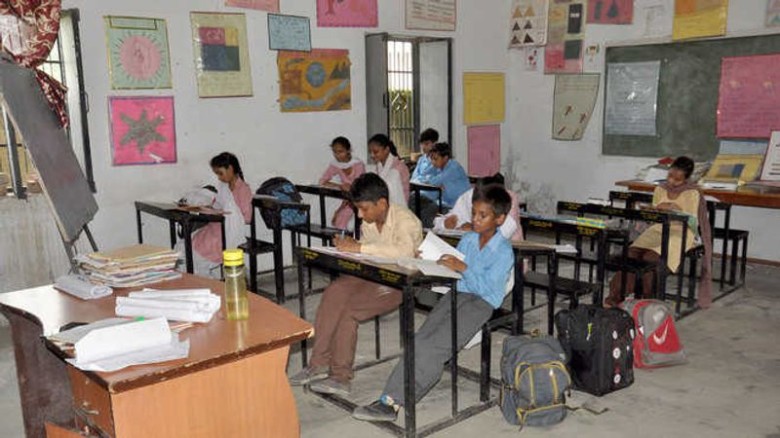



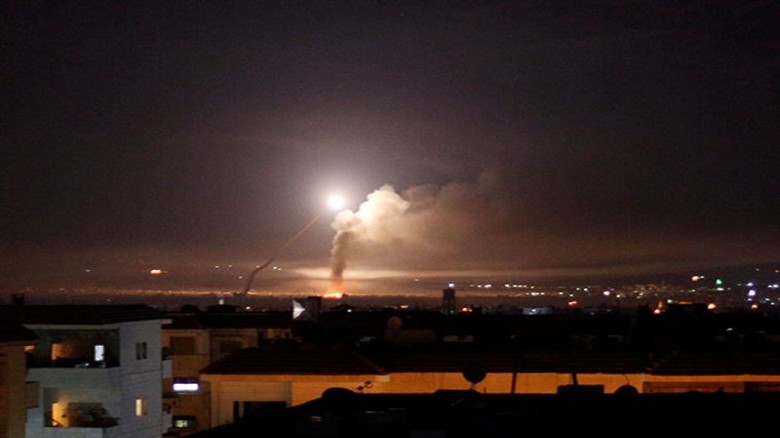









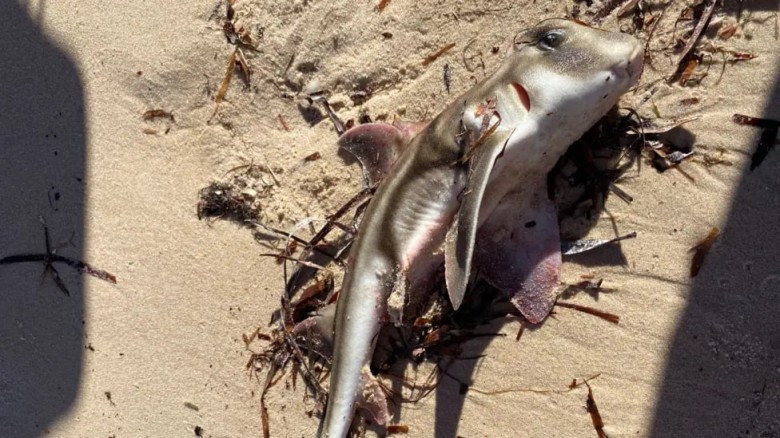


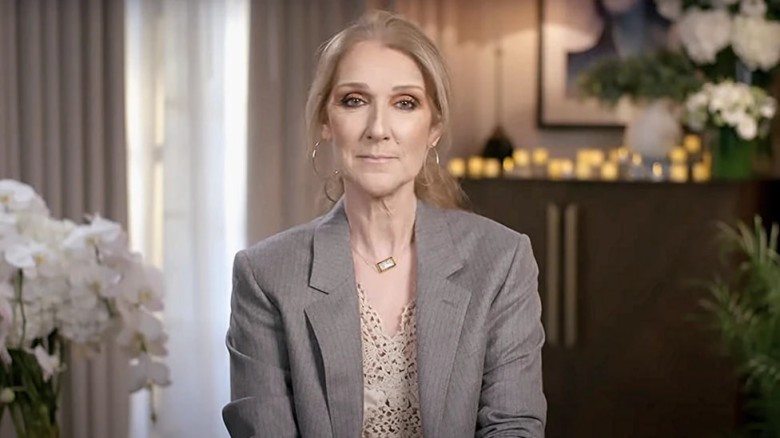



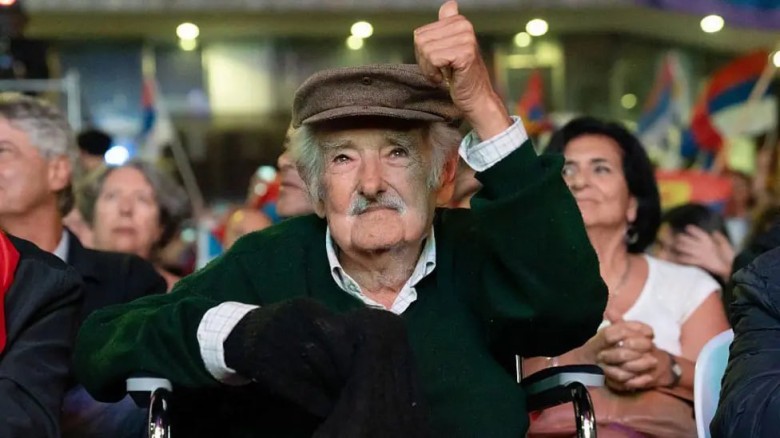
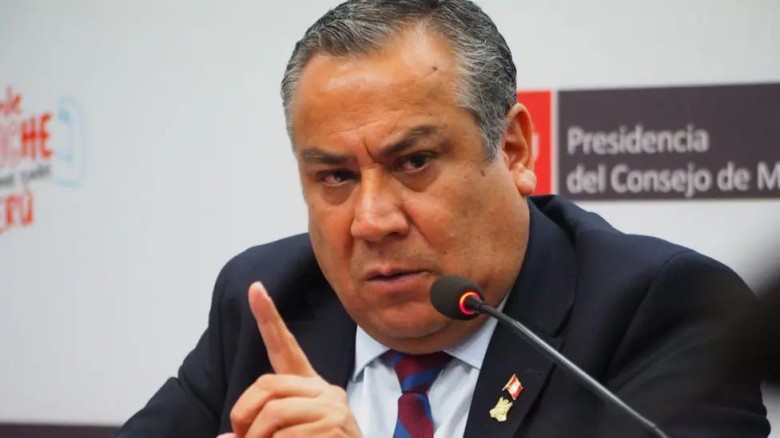

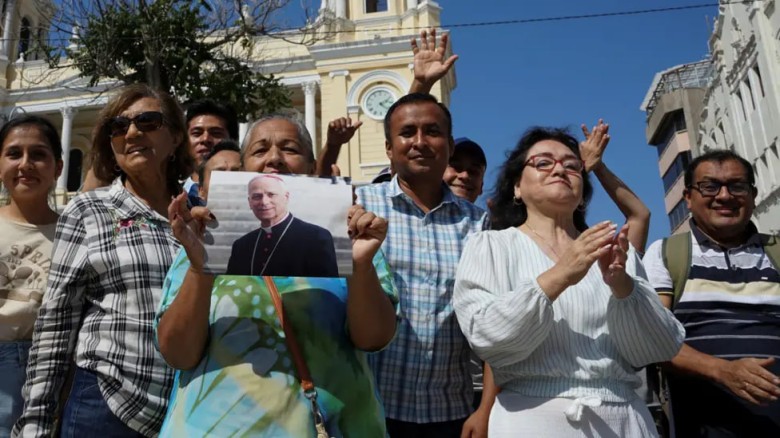











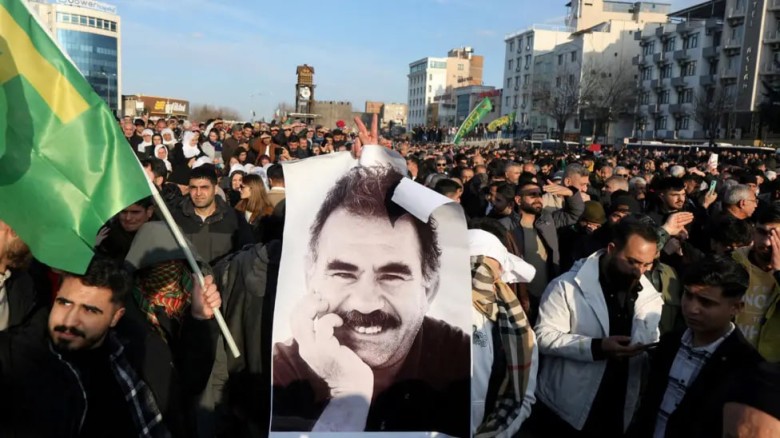
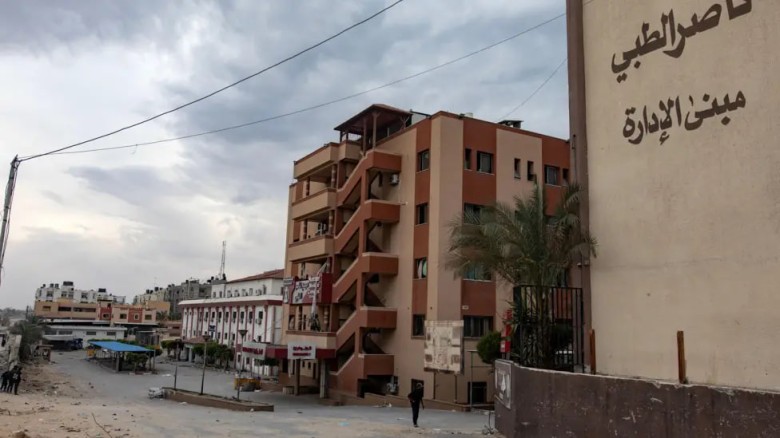







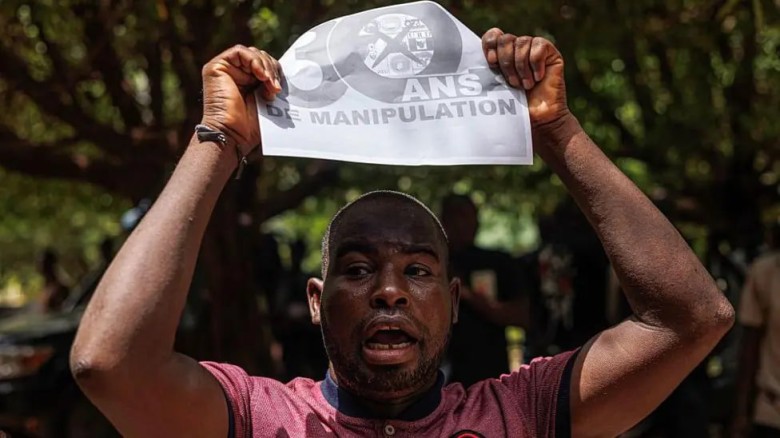
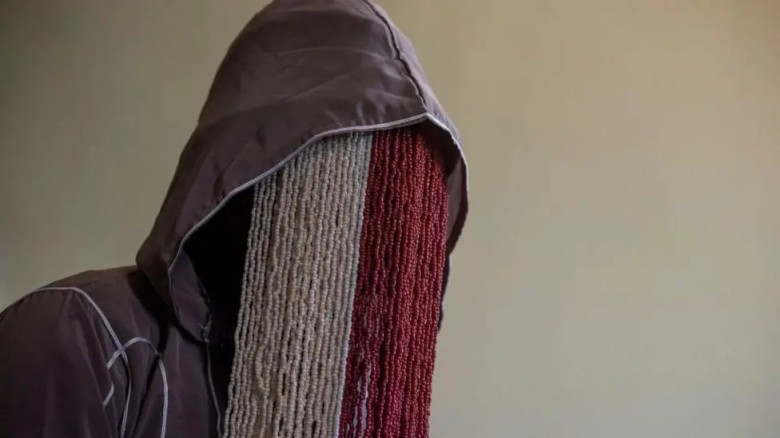

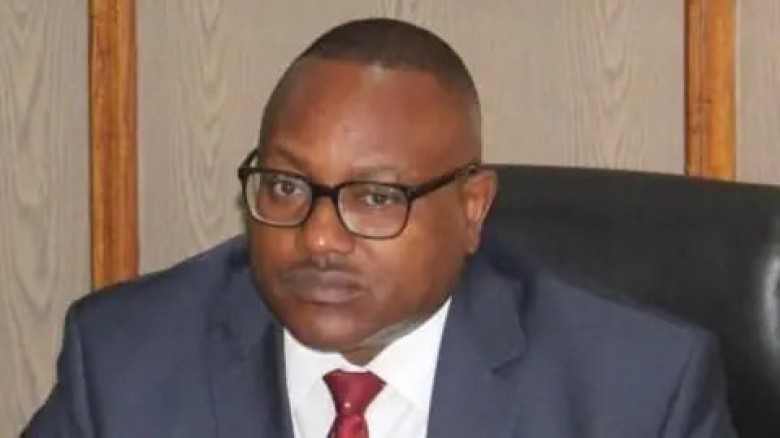

















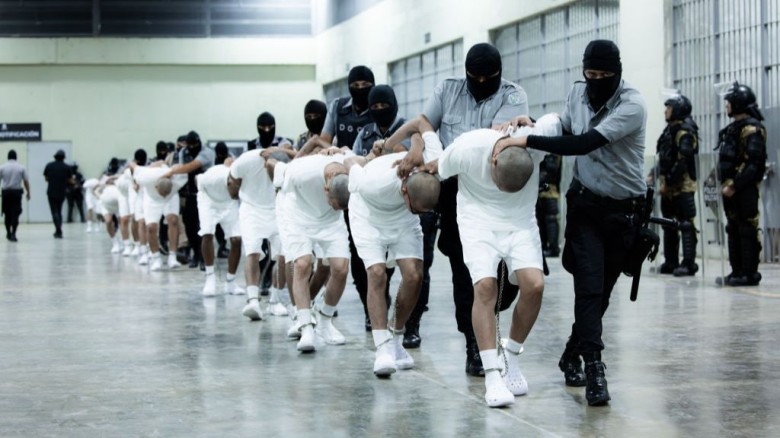


Leave A Comment